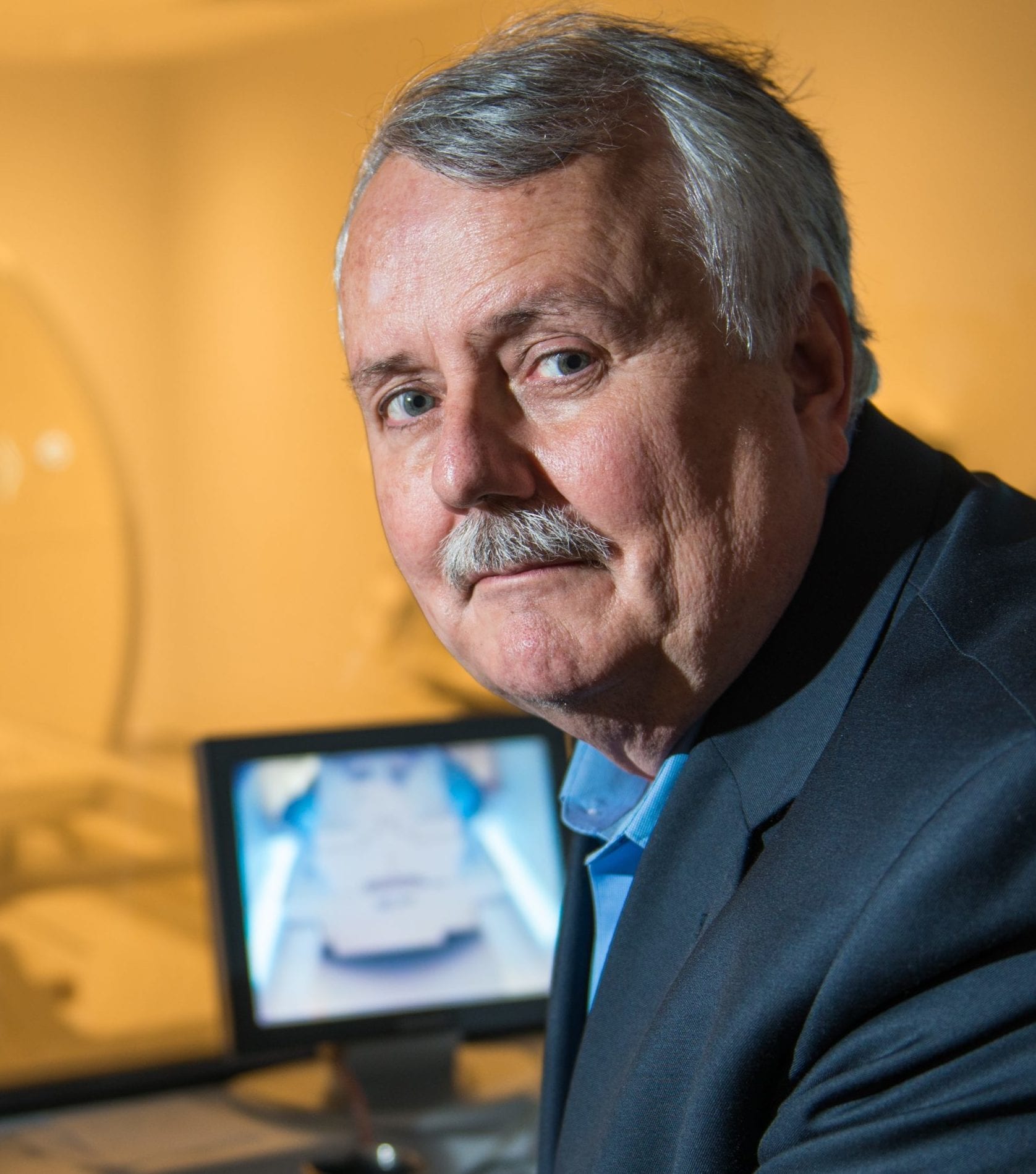The PHRI Brain Health Program (BHP) focuses on defining new interventions for the treatment and prevention of vascular-mediated and degenerative brain diseases, including the existing successful PHRI stroke research program.
New approaches are needed for testing interventions in efficient RCTs that could include novel biomarkers and imaging for both eligibility and outcomes. PHRI is well-positioned to contribute importantly to advancing our understanding (through epidemiological studies, biomarker studies) and treatment (through RCTs) of Alzheimer’s disease/degenerative dementia and to continue important contributions to reducing the burden of stroke.
Activities of the PHRI BHP will include:
-
- Leveraging PHRI’s 18-year global epidemiology study of high, middle and low-income countries, PURE, to assess global variations in dementia and to elucidate novel environmental and lifestyle factors that predict dementia in the general population.
- Expanding analysis of cognitive and functional (activities of daily living) data from existing PHRI-led clinical trials of cardiovascular risk reduction, with cognitive endpoints on >20,000 participants (e.g. COGWHEEL project) that will continue to trial designs (e.g. accurate estimates of change over time in cognitive outcome measures in different populations/settings).
- Strengthening collaborations with McMaster University and Hamilton Health Sciences colleagues with expertise in degenerative dementias, neuroimaging, and depression/mood disorders as part of the McMaster Healthy Minds initiative.
- Collaborating with St. Joseph’s Hospital’s high-quality neuroimaging research facility, and establishing imaging interpretation capabilities for international studies.
- Recruiting to PHRI one or two mid- or senior-career researchers with expertise in brain health (McMaster has committed funding for a Tier 1 Canada Research Chair in Brain Health); and developing three to four early-career researchers with a focus on brain health.
The BHP takes advantage of the established PHRI infrastructure for conducting clinical trials and global studies, a large, well-established biobank, and a strong research culture with experienced, supportive colleagues.


